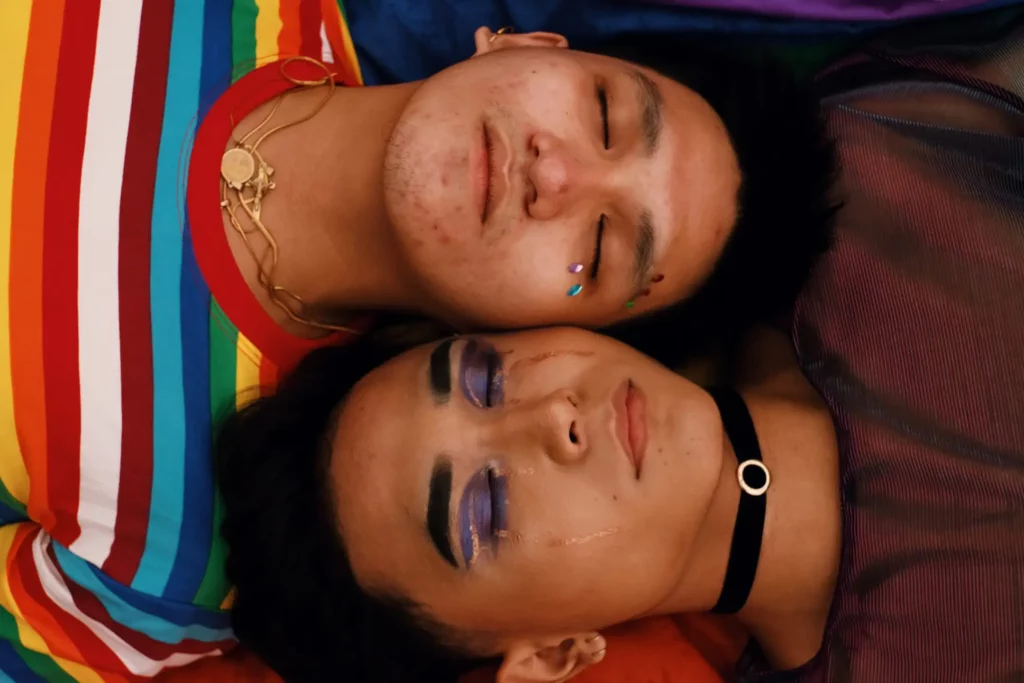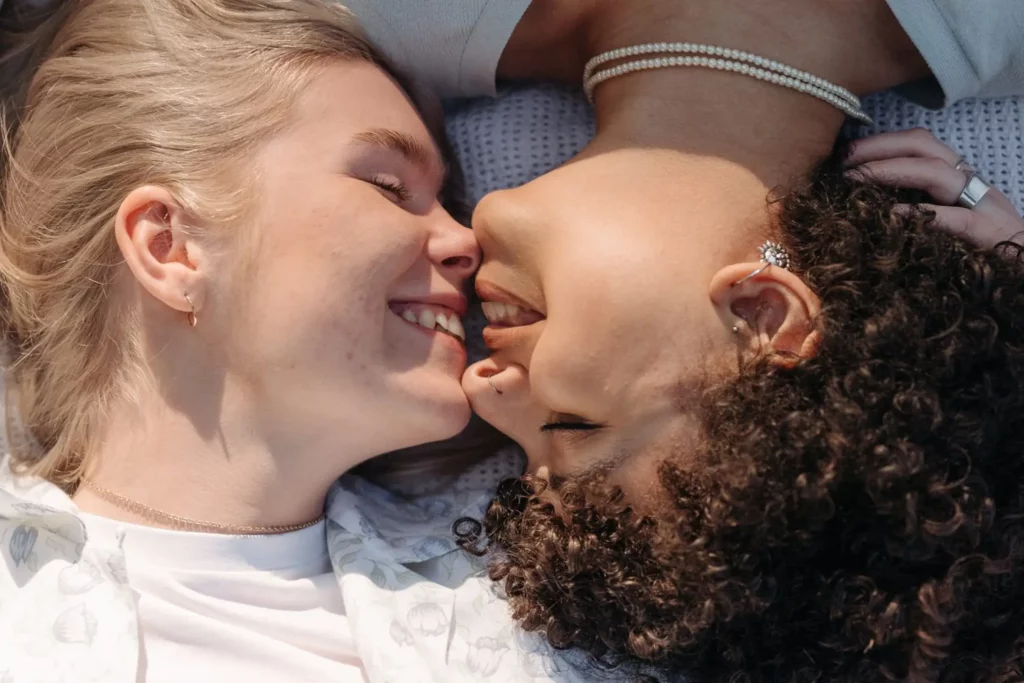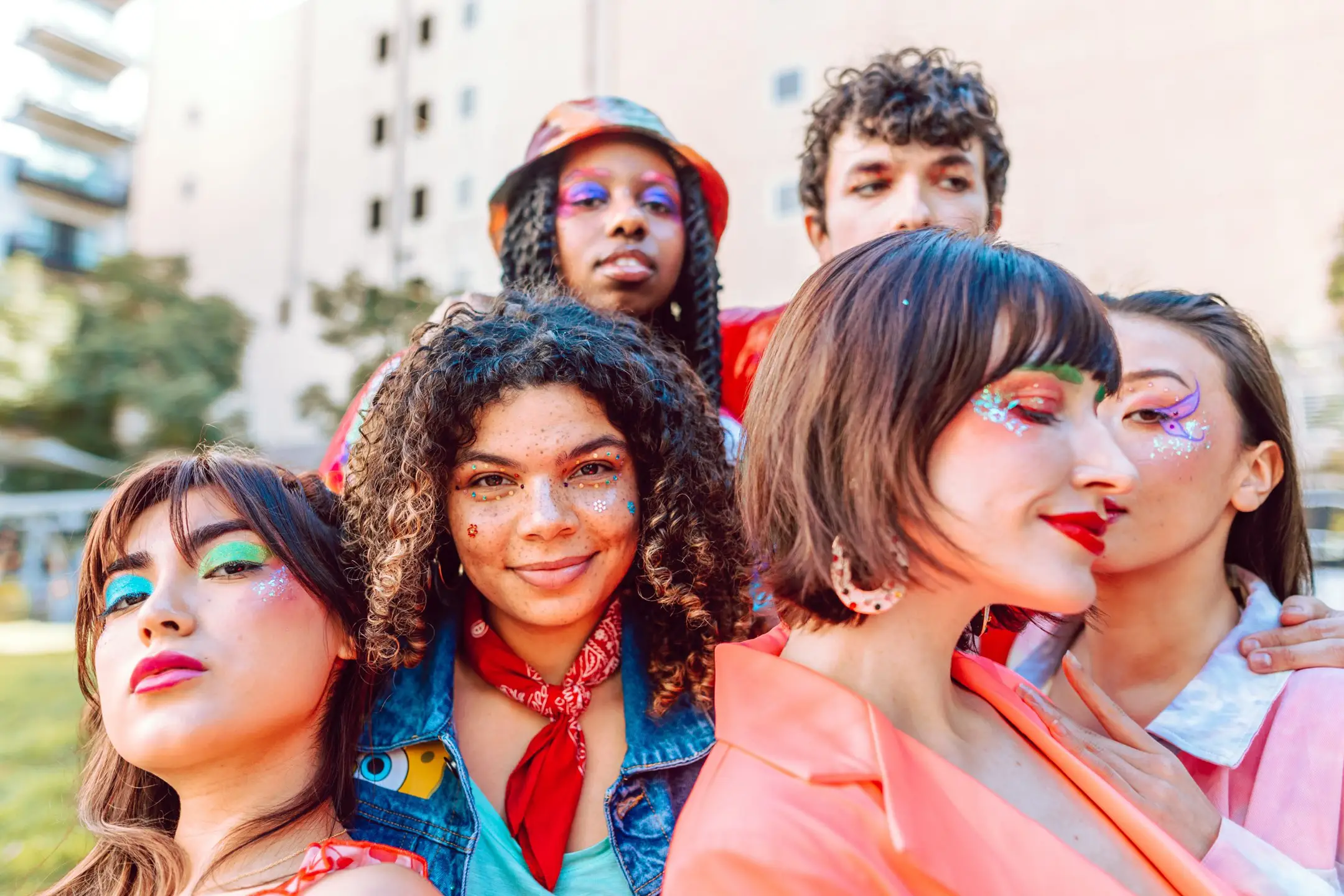Introduction
Navigating the healthcare landscape as an LGBTIQA+ individual can bring about unique challenges. This topic provides a resourceful guide to LGBTIQA+ health services available to support the diverse health needs within this community. Through understanding and accessing these specialized services, LGBTIQA+ individuals can receive the respectful, knowledgeable, and inclusive care they deserve, contributing to overall better health outcomes and a more understanding healthcare environment for all.
LGBTIQA+ refers to lesbian, gay, bisexual, transgender, intersex, queer/questioning and asexual/aromantic people. The + represents people of other diverse sexualities and genders not captured in the letters of the acronym.
Finding LGBTIQA+ friendly services
LGBTIQA+ communities stand up for and celebrate the right for people to be respected and to be their authentic selves. The ability to be your authentic self supports your health and wellbeing and creates a more inclusive and positive society.
LGBTIQA+ people sometimes have concerns about talking to a health professional and can have a variety of positive and challenging experiences with health services and professionals.
Positive experiences are often based on feeling welcome and respected when visiting a health service or professional and receiving care that reflects what that person needs.
Challenging experiences can be due to feeling as though your identity has not been respected or that the care you have been offered does not reflect what you have been asking for.
Whether you’re curious about your sexuality, trying to better understand your sexuality or gender, fully gender affirmed, intersex or anything in between – it is important to have a doctor (GP or General Practitioner) or be linked to a health service that you feel confident and comfortable with.
Some of the best ways to find LGBTIQA+ welcoming and friendly health professionals and services is through word of mouth with family, friends, colleagues, doing some internet research or contacting LGBTIQA+ specific community organisations who can assist in directing you.

Your pronouns
You should feel safe and respected when you visit a doctor or health service. Being called by your right name and pronoun can make you feel safe and comfortable.
If you have been called the incorrect name or pronoun you can let the person know how you should be identified.
When you make or arrive for your appointment at a health service, you can request that they enter a preferred name and your pronouns in their system.
If they don’t, tell your doctor to record your name and pronouns in your patient notes. For more information on how to book an appointment, see the Visiting the Doctor topic.
If you feel uncomfortable after visiting a doctor or health service, you can try a different one.
Try asking your friends or an adult you trust for their recommendation for a doctor, they might have a doctor that they go to where they have had a really good experience.
Sexuality
Sexuality describes a person’s sexual, romantic, spiritual, or emotional attraction to other people. But it also includes how you feel and how you identify yourself.
Whoever you are attracted to, or maybe you find that you’re not sexually attached to anyone, it is okay to feel that way and it is okay to be you, just as you are. You can ask for support around your sexuality at any point throughout your journey.
Relationships and sex
Staying safe and healthy in a relationship and/or your sexual experiences helps you maintain a healthy life.
No matter who you are attracted to or what you are exploring sexually, it’s important to teach yourself about consent, healthy relationships and your sexual health. See our Consent, and Sexual Health topics for more info.
Consent is non-negotiable in sexual interactions. This means you MUST have a CLEAR yes from the other person before and during any sexual activity, otherwise it is sexual assault.
It is important to be clear with your sexual partner, and for them to be clear with you about what you want to do and explore sexually so that the other person can make a fully informed decision about whether they consent.
Find out more about consent and practical tips on how to give and receive consent see Playsafe’s conversation with youth led organisation Consent Labs.
If you’re worried about the way your relationship is going speak to one of the support services on this page.
LGBTIQA+ sexual health
It is your responsibility to maintain your sexual health and make sure you are protecting yourself and other people from any potential sexually transmitted infections. You can find out more on the Sexual Health topic.

Gender identity and gender affirmation
Gender identity is about how we experience our own gender. We have been taught that being ‘male’ and ‘female’ is the normal way to understand gender. We are assigned a sex at birth based on our body parts but that might not be how you truly feel or identify. Reach Out have some great information on the difference between gender, sex, and sexuality.
There are lots of ways to describe gender, including:
- “Trans” or “Transgender”
- “Gender diverse”
- “Agender”
- “Nonbinary”
- “Male” or “female”
On this page, we will use the term “trans or gender diverse” to refer to the different genders. Kids Helpline have more information on gender and gender diversity.
If you are trans or gender diverse, you may feel like you’re a man despite being assigned female at birth, or a woman despite being assigned male at birth, or you may also feel like you’re neither or both. You may want to change the way you look or your name to reflect how you feel, or you might not. All of these are okay!
Getting to understand yourself and how you feel takes time, and you may try many different things to see which ones feel right.
Trans or gender diverse people sometimes go through a gender affirmation process.
This is when someone starts living and presenting themselves as their true gender. This might mean:
- Changing names
- Changing gender on documents
- Using different pronouns, such as she, he, or they and them
- Wearing different clothing and hairstyles
- Or taking hormones or puberty blockers.
There are many things that can be described as ways that trans and gender diverse people affirm their gender, and they are also things that anyone might do – trans or cis gender. There are generally three areas of gender affirmation:
Social affirmation:
- Changing names or pronouns,
- Coming out/ or inviting in – sharing your gender to friends, colleagues, or family
- Clothing choices, or hair, body hair and makeup choices
- Packing, binding, or tucking to change the shape of your body – see Trans Hub for information on safe binding, packing and tucking.
- Experimenting with the use of voice, maybe speaking lower or higher or seeing a speech pathologist
Legal affirmation:
- Updating your name and/or gender on legal documents – such as a government ID, at work, school or other forms of ID
- Updating a birth certificate
- Changing your name/ gender on your personal accounts
Medical affirmation:
- Using puberty blockers
- Using gender affirming hormones
- Chest surgery, genital surgery, facial surgeries, and other forms of surgery.
If you are trans or gender diverse and want to know more about your gender affirmation options, reach out to an LGBTIQA+ support service like Qlife or the other supports on this page.
They may refer you to specialists to help you understand your options, such as endocrinologists (a doctor who studies hormones) or other health professionals e.g., a speech pathologists.
They may also refer you to a mental health professional to support you during your gender affirmation journey. This journey can be a challenging time for some people and having safe and supportive mental health professionals can help make the process smoother.
LGBTIQA+ services and resources
Online lists of recommend LGBTIQA+ friendly health services
In NSW, there are a range of LGBTIQA+ friendly health professionals who are welcoming and inclusive. These services have been identified by groups of people wanting to access inclusive services.
- QLife: Australia-wide anonymous, LGBTIQA+ peer support community referral database.
- Trans Hub: Provides a gender affirming
- DocLIST: Is an online list of doctors and mental health professionals who have been recommended by lesbian and bisexual women in Australia. This list has been made through public reviews and has not been verified by the Ministry of Health.
- Ygender: Provides an online list of doctors and health professionals who have been recommended by LGBTIQA+ young people. This list has been developed through public reviews and has not been verified by the Ministry of Health.
- Twenty10: Outpatient health clinic (Sydney) is a free and confidential health clinic offering primary health care, advice and referrals for young LGBTIQA+ people in Sydney.
You can also find inclusive health professionals by talking to your friends and other service providers that you trust.
For more information on how to book an appointment, see the Visiting the Doctor topic.
Sexuality information and support
If you want to know more about sexuality or find support visit:
- Reach Out: Understanding your sexuality
- Headspace: Sexuality and Mental Health
- Kids Helpline: Sexual Identity
- QLife: online or over the phone support for LGBTIQA+ young people or their family, friends and supporters
- Playsafe: what is asexuality?
LGBTIQA+ sexual health resources
- Reach Out: Safer sex guide
- ACON: Sexual Health for LGBTIQA+ people
- ACON: Sexually Adventurous Women Project supply free ‘play packs’ that are posted to you anywhere in NSW.
- Ending HIV:Can help access free condoms in NSW
- ACON: Gay Men’s Sexual Health Basics
To learn more about safe relationships and/or family violence:
- Catalyst Foundation: Toward a safe place
- With Respect: Tips for LGBTIQA+ people can maintain healthy relationships
- Say it Out Loud: Support for people from LGBTIQA+ communities to start talking about their relationships.
Gender affirmation resources
- Minus18: information on medical affirmation
- Trans Hub: information on finding a doctor and resources to help you at the doctor
- Justice Connect: legal resources for LGBTIQA+ young people
General information
If you would like to know more about the LGBTIQA+ community, or if you are supporting someone who is in the process of exploring their sexuality or gender, or understanding their intersex variations, you can find more information at:
- QLife: Provides anonymous and free LGBTIQA+ peer support and referral for people in Australia wanting to talk about sexuality, identity, gender, bodies, feelings or relationships.
- Reach Out: LGBTIQA+ support services list.
- BlaQ: Provides support, encouragement, and empowerment for the Aboriginal and Torres Strait Islander LGBTIQA+ community
- Black Rainbow: Provides support and information for Aboriginal and Torres Strait Islander Lesbian, Gay, Bisexual, Transgender, Intersex, Queer, Sistergirl and Brotherboy (LGBTIQ+SB) in the pursuit of positive health and wellbeing for Aboriginal and Torres Strait Islander LGBTIQA+SB people.
- Trans Pride Australia: Provides peer support and advocacy for trans and gender diverse people, including peer support groups you can join online for trans and gender diverse people, their families and allies.
- Minus18: Provides life affirming social inclusion, education, and advocacy for LGBTIQA+ young people and hold regular LGBTIQA+ events both online and in person.
- Twenty10: Provides a broad range of supports for LGBTIQA+ people throughout NSW, including housing, mental health, counselling and support services.
- ACON: Provides support and information on LGBTIQA+ health, including state-wide counselling, care coordination, substance support, peer education and health promotion.
- The Gender Centre: Provides support and referrals for the transgender, gender diverse and gender questioning population of NSW. They support trans and gender expressive people at every stage of their journey as they explore their authentic selves.
- Intersex Human Rights Australia (IHRA): Provides resources and information for intersex people.
- Intersex Peer Support Australia: Provides peer support, information and advocacy for intersex people and their families.
